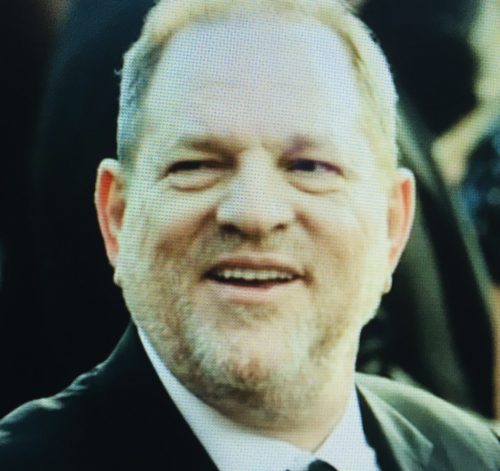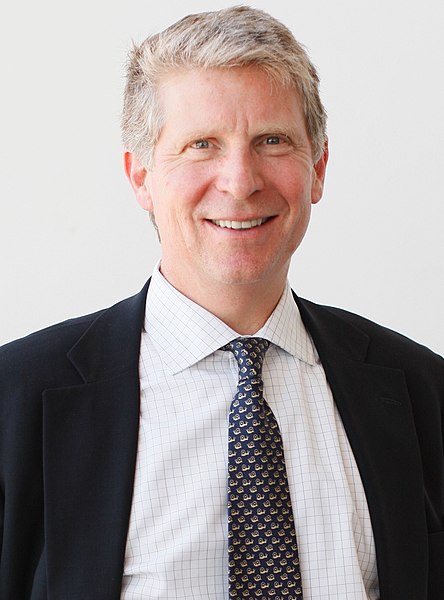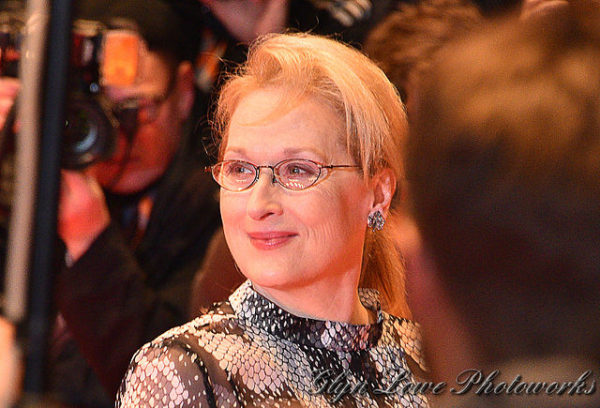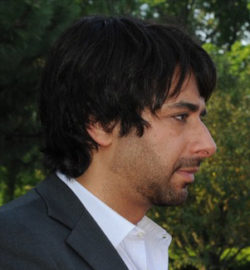
Cyrus R. Vance Jr., the Manhattan district attorney who pressed charges of sexual misconduct against the movie producer Harvey Weinstein, got it exactly right when he described him as “a vicious serial sexual predator who used his power to threaten, rape, assault, trick, humiliate and silence his victims.”
Vance was equally correct when he said that the women who testified against him “changed the course of history in the fight against sexual violence,” and that society owed them “an immense debt.”

Weinstein’s conviction of rape and sexual assault in a five-day trial that ended on February 24 in New York City was a resounding victory for women and a triumph for the #MeToo movement. Weinstein, 67, suffering from a back injury and stricken by chest pains since his conviction, faces a minimum of five years and a maximum of 29 years imprisonment. He will be sentenced on March 11.
Weinstein also faces a criminal trial in Los Angeles, having been accused of sexual assault by two women.
Weinstein’s fall from grace has been nothing short of spectacular.
A founder of two production and distribution companies, Miramax and the Weinstein Company, he was a major figure in the Hollywood film industry. His movies, ranging from Pulp Fiction and Shakespeare in Love to The King’s Speech and The Artist, earned more than 300 Academy Awards nominations and catapulted him to stardom. The actress Meryl Streep once jokingly referred to him as God.

Weinstein’s influence extended into politics, and in his heyday, he was photographed with a beaming Hillary Clinton and a smiling Donald Trump (who, during his current presidential trip to India, falsely claimed that “the people that liked him are the Democrats”).
But even when he was riding high, Weinstein was not exactly an admirable character. As Ronan Farrow writes in his book Catch and Kill, “Weinstein was famous for his bullying, even threatening, style of doing business.”
As expected, Weinstein’s lawyers have appealed his conviction, mindful he was convicted of only two of five charges, the most serious of which was predatory sexual assault. But if justice prevails, there will be no mercy for Weinstein and he will spend his last remaining years behind bars.

Weinstein was a quintessential product of Hollywood’s notorious casting-couch culture, which was honed to perfection by a procession of lecherous moguls, producers, directors and casting agents. Like others of his ilk, including the convicted felon Bill Cosby, Weinstein had a crude transactional approach to his craft, shamelessly exploiting people for his own selfish ends. He wielded his immense power to extract non-consensual sexual favors from young actresses. If they cooperated, their careers might well flourish. If they refused, they could pack their bags and go back home, their dreams of celebrity shattered like a thousand shards of glass.
Weinstein was a hard, calculating, opportunistic operator driven by an infinite sense of entitlement who expected nothing less than compliance, subservience and silence from his victims. The range of his abusive behavior was boundless, running the gamut from lewd propositioning to unwanted touching. And in this sexually-charged environment, he also demanded oral and vaginal sex. If his advances were resisted, he resorted to rape.
For many years, his outrageous behavior was glossed over or hushed up due to his impressive record as a producer of critically acclaimed, financially successful films. Fortunately, this oppressive culture of silence was finally broken by The New York Times and The New Yorker in 2017.
These stunning exposes, which earned both publications Pulitzer Prizes for excellence in journalism, broke open the floodgates as scores of women went public with plausible accusations that Weinstein had sexually harassed and/or assaulted them.
The two charges that resulted in Weinstein’s conviction rested on the complaints of two women who fell under his baneful spell: Jessica Mann, an aspiring actress who said she had been raped in 2013, and Miriam Haley, a production assistant who said Weinstein had forced oral sex on her in 2006.

Having been convicted in a court of law, Weinstein must now pay the full price for his misdeeds. It would be a miscarriage of justice if his appeal results in an acquittal. This would be a throwback to the Jian Ghomeshi case. Ghomeshi, a Canadian radio broadcaster, was accused of sexual assault, but in a sensational trial in Toronto four years ago, he was acquitted on all counts, leaving a trail of anger, discontent, confusion and bitterness.

In this new era of empowerment for women, Weinstein must be held accountable for crimes he brazenly committed over a long period of time. Anything less would be disgraceful and scandalous.
Weinstein’s conviction is surely a moment to savor, but it should not delude us into complacency. Women in the workplace, particularly in Hollywood, still face subtle and overt forms of discrimination and, sadly enough, lurking sexual predators.
Women have come a long way in the past few years, and the landmark Weinstein trial has helped clear their path toward equality. But difficult battles lie ahead, and much work still remains to be done.
